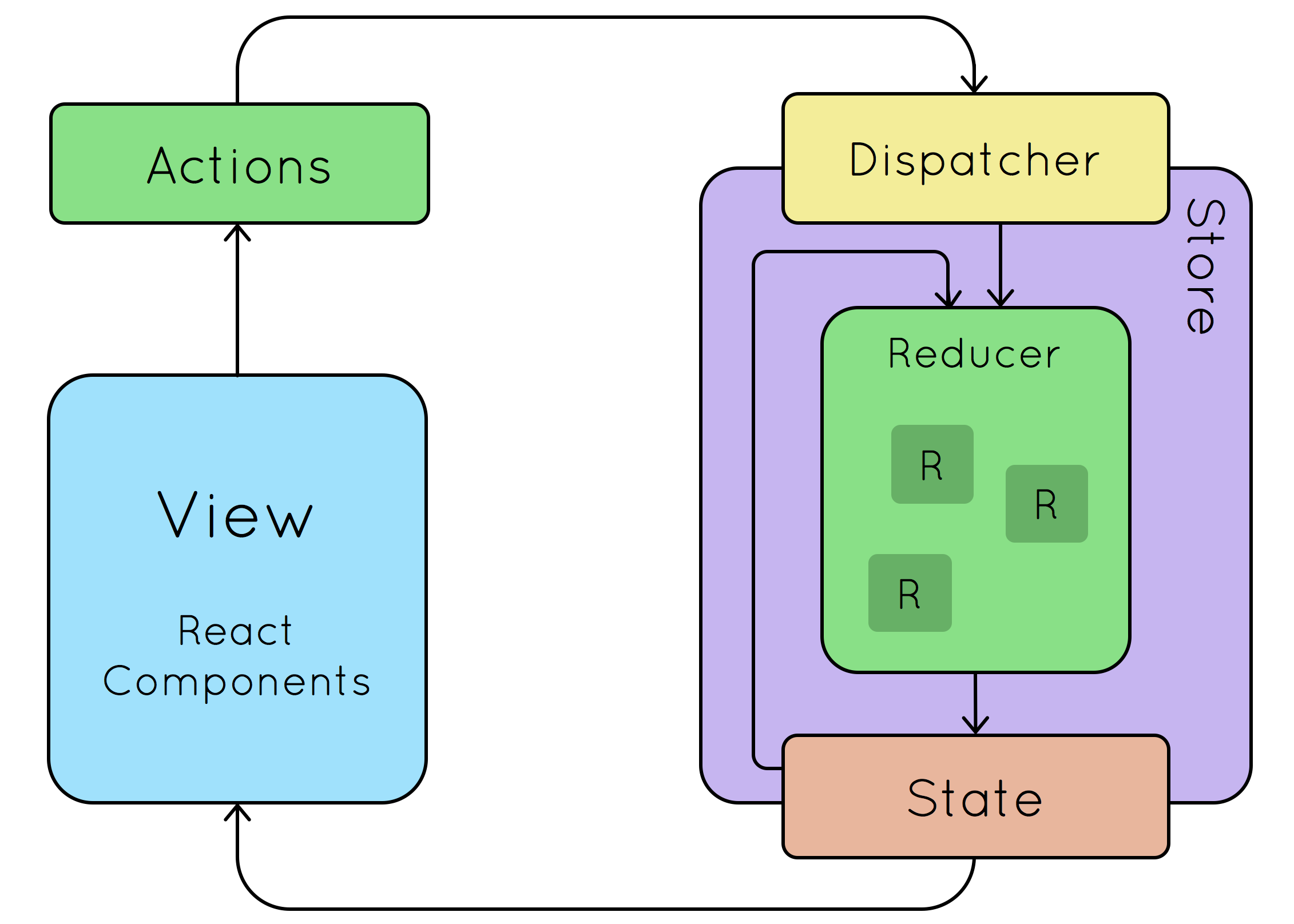There are almost 5 million software available on each the Google Have fun with Store plus the iOS App Store concentrating on more than 14 billion mobile gadgets globally. If you are planning to build and start your business application, probably the most crucial selections you really is choosing typically the right approach with regard to building your software - native application development or cross-platform mobile app advancement.
You need in order to select one from typically the two keeping several factors in your mind such as the development price, the performance from the app, the app development time, the budget, and much more points.
Now, listed below are the pros and disadvantages of both native and cross-platform application development that can help you choose the right one as for each your requirements and specifications.
Precisely what is native app development?
Native software development primarily concentrates on an individual specific platform. Quite simply, local apps are made particularly for an individual platform at a time, either iOS, Android or Glass windows.
And in this particular type of app development approach, the apps leverage the characteristics of a specific Operating-system and capabilities of the products running on of which particular OS just like GPS, camera, gyroscope, gravity sensor, and much more. Also, native software can be developed faster and considerably more easily just taking into consideration the features plus guidelines of a specific platform.
In this article are the advantages regarding native application growth:
Higher Performance: Indigenous apps show larger performance when it comes to responsiveness, speed, and detailed efficiency. And this is since these applications are built using primary APIs and encoding languages specific to a single platform. Likewise, these apps may leverage the control speed of the device, ensuring reduce loading time.
Large Functionality: One regarding the biggest advantages of using a native app is that this sort of application can access almost just about all the features and functionalities in the platform or even OS it is made for. And also this results in some sort of better user knowledge.
A Great UX: native applications have a very great UX that is certainly synonymous with the particular platform for which often it is produced. These apps offer a consistent feel in addition to look to all or any consumers of the system.
Better Store Help: Native apps are much easier to publish mainly because these are built intended for a specific system.
Cons of obtaining a new native application:
High-priced: Building a local application can become higher priced as an individual need to get the app developed separately for a specific platform of which is once intended for Android and in that case once for iOS and so on if you want to kick off it on extra than one program.
Time-consuming: Native software development cost will be more as the codes are written and the tools used for 1 platform cannot end up being used for one other platforms.
Now a few see what cross-platform application development is usually.
Cross-platform application development gives the flexibility to create the software using a solitary code base compatible with multiple platforms. The key advantages of this approach are computer code reusability that shortens the process in addition to lowers the iphone app development cost plus time.
Here are usually the pros of cross-platform app development:
Budget-friendly Option: You require to develop the particular code once by using a single codebase along with a single set involving tools and you will start the app on multiple platforms, as opposed to the native software. React Hooks that is a very much more cost-effective option.
Faster Development: - Only one solitary app development cycle is needed in order to build the software and make it run on extra than one platform. In other phrases, you need to do the development once and can launch the app about multiple OSs. And even that reduces the expansion time.
Cons involving cross-platform apps:
Reduced Performance as in comparison to Native Applications: Unlike native applications, these cross-platform programs are not specifically built for a single platform and do not accurately leverage the features of a specific platform, which lowers the performance as compared to the performance from the native applications.

Limited Functionalities and UX: - Developers face difficulties in evaluating platform-specific features and functionalities like digital camera, microphone, geolocation, etc ., with cross-platform applications. And as these kinds of are not created for any individual platform and can't take the benefits of the local UX components, these people fail to deliver a consistent UX experience to users of various OSs and products.
Now, having explored the pros in addition to cons of each the development methods, hope you can choose typically the right one as per your requirements.
Once more to help you out:
Select the native application development technique if you would like:
A very responsive and high-performing app
Simply no budget constraints
That will can provide a consistent user experience.
Or even else, choose cross-platform application development if you need:
If you have a restricted budget.
Need to kick off the app more quickly on multiple programs.
Consider all typically the points outlined previously mentioned and make the correct choice for your enterprise application development job.
